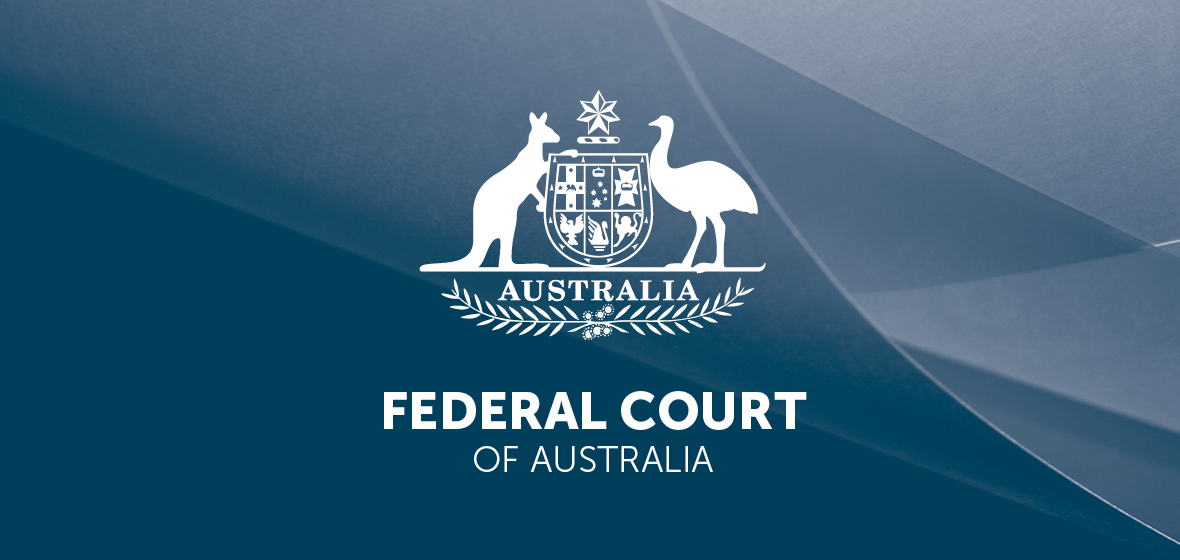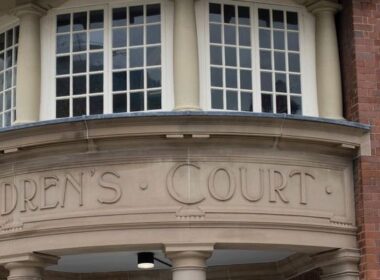Key decisions
- Wing v Fairfax Media Publications Pty Ltd [2017] FCAFC 191
- Gebadi v Woosup (No 2) [2017] FCA 1467
- Australian Building and Construction Commissioner v Construction, Forestry, Mining and Energy Union (The Quest Apartments Case) [2017] FCA 1398
Constitutional law / Defamation / Practice and Procedure
Trial by jury in the Federal Court?
Section 39 of the Federal Court of Australia Act 1976 (Cth) (‘Federal Court Act’) provides that civil trials are to be without a jury ‘unless the Court or a judge otherwise orders’. Section 40 of the Federal Court Act is a broad discretionary power of the Court in civil proceedings to direct trial of issues with a jury.
In Wing v Fairfax Media Publications Pty Ltd [2017] FCAFC 191 (27 November 2017), the Full Court determined an interlocutory application seeking an order pursuant to s 40 of the Federal Court Act that, to the extent permitted by law, the proceeding be heard by a jury. This was in relation to the applicant’s claim for damages for defamation under the Defamation Act 2005 (NSW) (the ‘NSW Defamation Act’). The Federal Court had jurisdiction because the applicant alleges that the matter complained of was also published in the Australian Capital Territory (among other places) (Crosby and Another v Kelly (2012) 203 FCR 451).
There was a constitutional law issue before the Full Court by reason of an alleged inconsistency between ss 21 and 22 of the NSW Defamation Act and ss 39 and 40 of the Federal Court Act for the purposes of s 109 of the Constitution (Cth). The parties agreed (as did the Court) that ss 21 and 22 of the NSW Defamation Act were inconsistent with ss 39 and 40 of the Federal Court Act within s 109 of the Constitution (at [21] and [23], Allsop CJ and Besanko J). The point on which the parties disagreed was whether the Court in exercising the discretion under s 40 of the Federal Court Act may have regard to ss 21 and 22 of the NSW Defamation Act. The Full Court held ss 21 and 22 of the NSW Defamation Act did not apply to the proceeding and the sections were not relevant to the exercise of the discretion in s 40 of the Federal Court Act (at [30]-[34], Allsop CJ and Besanko J, and [49], Rares J).
The Full Court also dismissed the respondents’ interlocutory application under s 40 of the Federal Court Act seeking an order that the proceeding be heard by a jury (at [46], Allsop CJ and Besanko J, and [66], Rares J). In doing so, the Full Court considered the authorities and principles relevant to exercising the discretion to order a trial by jury in the Federal Court (at [36]-[44], Allsop CJ and Besanko J, and [51]-[60], Rares J).
Justice Rares noted at [59] that ‘in the 40 years of the existence of ss 39 and 40 in the Federal Court Act, Ra 183 FCR 148 is the only occasion on which a judge has ordered a jury trial’. Ra v Nationwide News Pty Ltd (2009) 182 FCR 148 was in fact an decision of Rares J. In the present case of Wing, Rares J agreed with Allsop CJ and Besanko J that his view of the certain factors in Ra was erroneous (at [40]-[42], Allsop CJ and Besanko J, and [49]-[50] Rares J).




